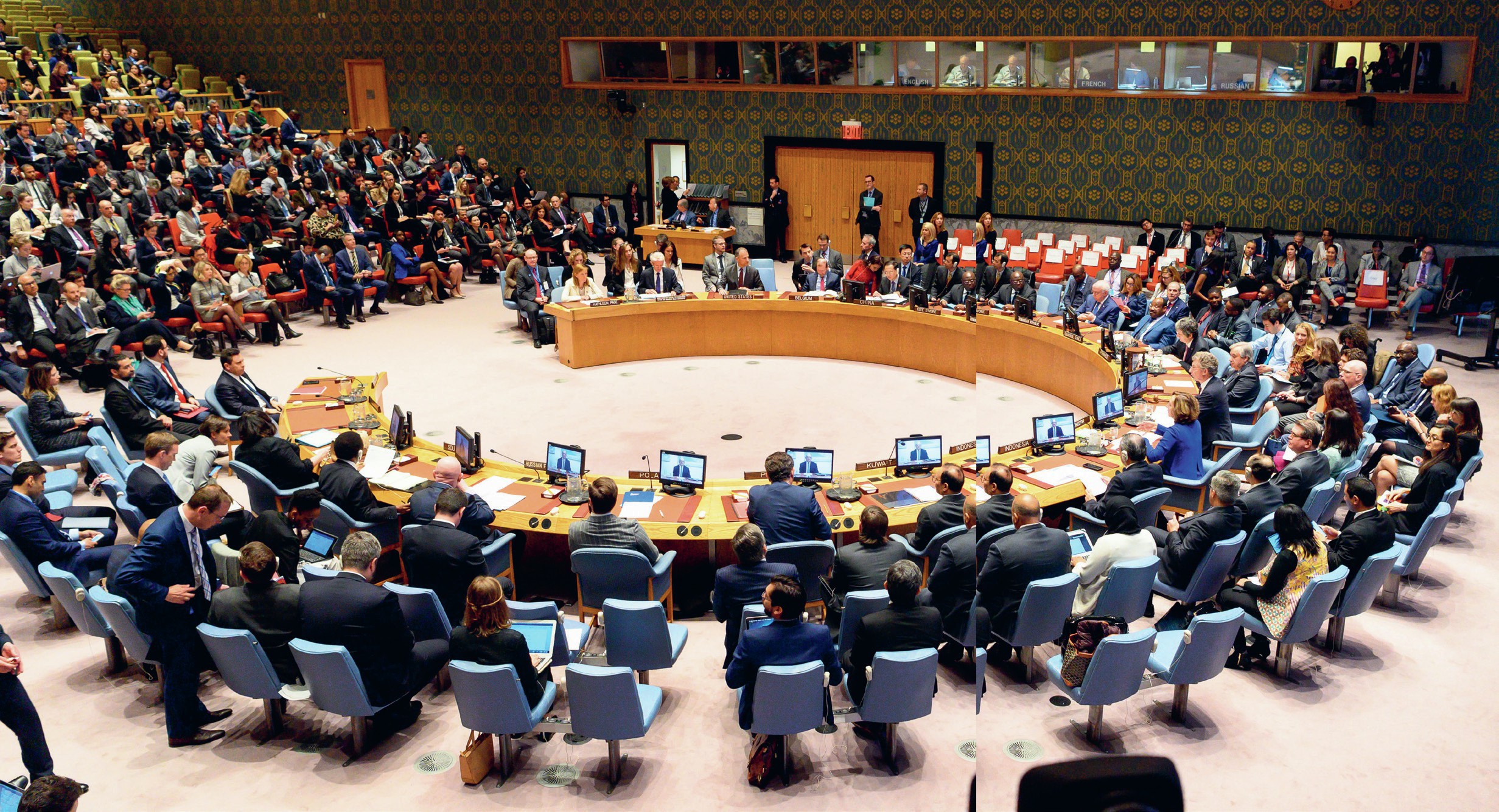
The United Nations Security Council (UNSC) is the organ of the United Nations (UN) tasked with maintaining international peace and security and developing friendly relations between states. It meets in the UN headquarters in New York and comprises five permanent members and ten non-permanent members who serve 2-year terms (Box 1). The permanent members have veto power. UNSC resolutions are binding in international law, meaning that states should comply with them. Nine votes in favour (and no vetoes) are needed for a resolution to pass.
The UNSC was set up when the UN was founded in 1945. It gave special powers to the permanent members (known as the P5), to ensure that the UNSC could only pass resolutions with the support of all five of them. This is both a safeguard against the UNSC doing anything with which a major power disagrees and an obstacle to the UNSC acting even if there is a strong moral case. The UNSC’s activity focuses on:
Your organisation does not have access to this article.
Sign up today to give your students the edge they need to achieve their best grades with subject expertise
Subscribe




